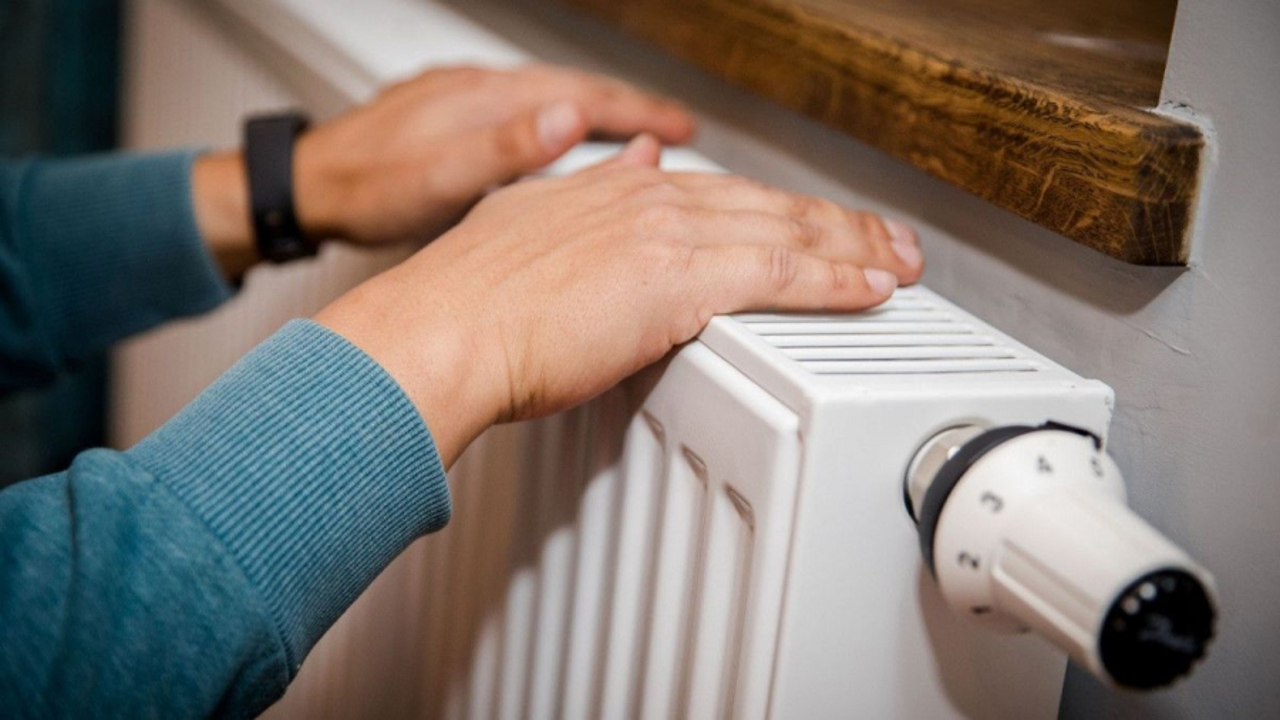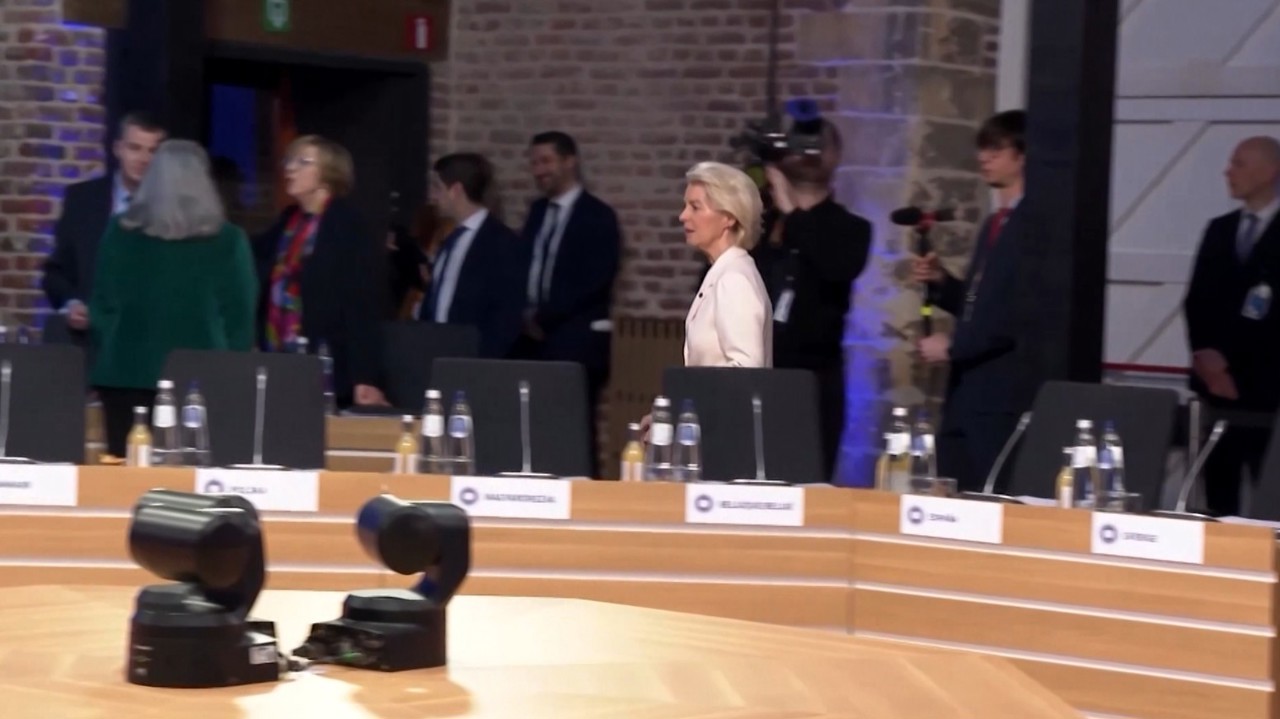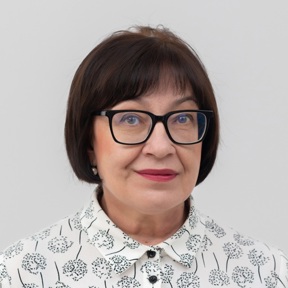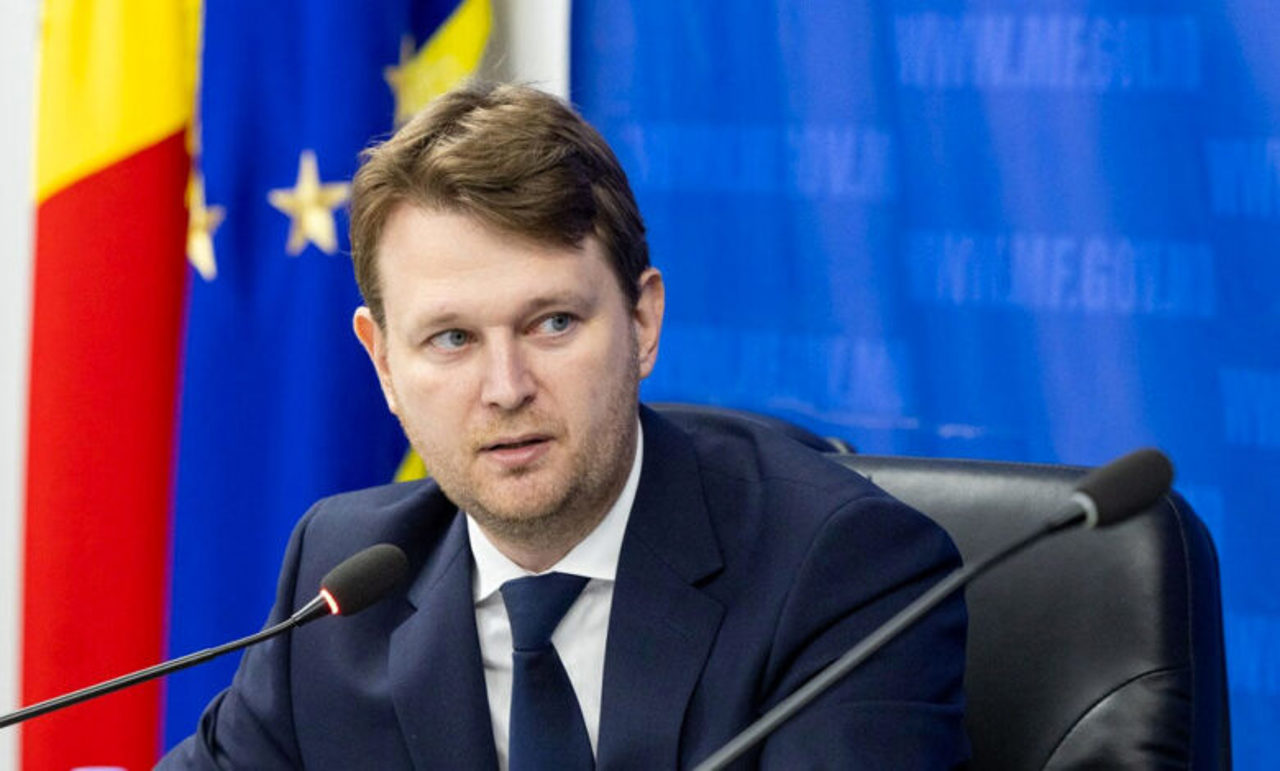Romanian language lessons for Ukrainian refugees in Moldova
The Romanian language lessons for Ukrainian refugees in Moldova are playing a vital role in helping these individuals integrate and adapt to their new environment.
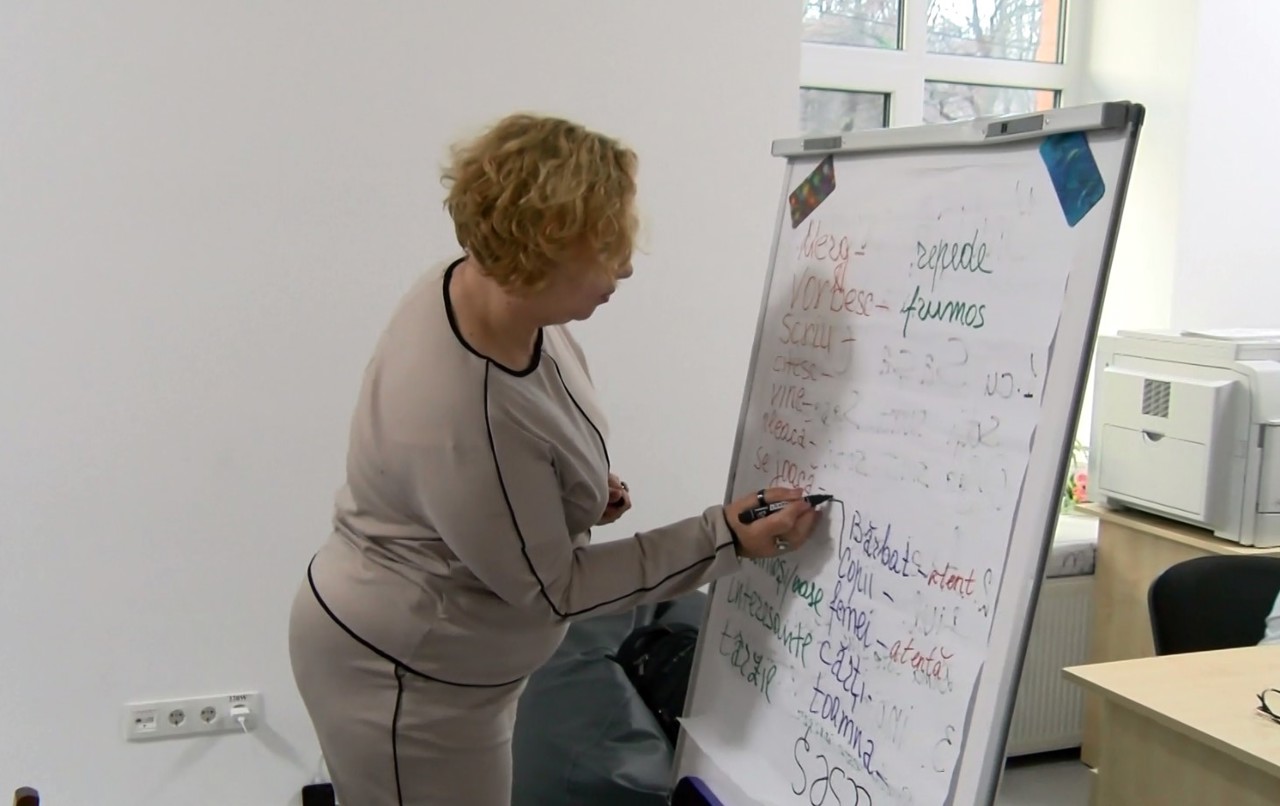
With many having fled the war and finding refuge in Moldova, they are eager to learn the language of their host country. This initiative, supported by the European Union and facilitated by the non-governmental organization “Casa Speranțelor,” (House of Hopes) has seen an increasing number of refugees enrolling in language classes.
Among the participants are Alexandru and Olga Bosoc, who fled Kherson two years ago and settled in Soroca. While they have embraced the culture and traditions of Moldova, they recognized that the language barrier was a significant challenge. Olga, who is 60 years old, expressed that learning a new language is not easy but is essential for communicating with locals. She admires the beauty and refinement of the Romanian language and believes that anyone living in Moldova should know it.
Lucia Bunescu, a Romanian teacher at Soroca's “Petru Rareș” High School, leads these courses. Motivated by a desire to help refugees feel more at home, she has welcomed this challenge. She was surprised and impressed when she learned that many participants were eager to learn, even though the group includes individuals who already have some knowledge of Romanian due to their roots.
Raisa Toncoglaz, who grew up in Ukraine after her family moved there when she was three, is another participant. She has returned to Moldova due to the war and is using these classes to reconnect with the language she had forgotten. She shared that while her Moldovan heritage made it easier for her to learn, she never expected the need for it until the war brought her back to Moldova.
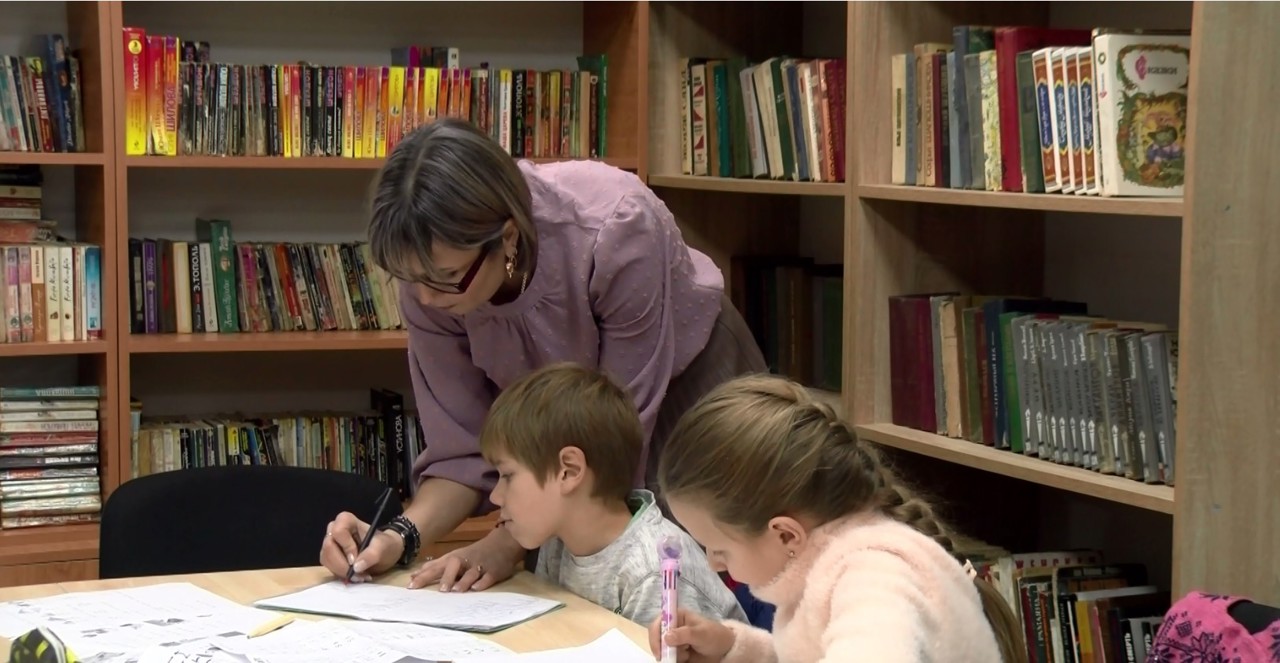
These lessons are open not only to adults but also to children, reflecting the growing demand for language education among refugees. The project aims to empower them with the tools to integrate more fully into Moldovan society and build a sense of community.
Translation by Iurie Tataru
